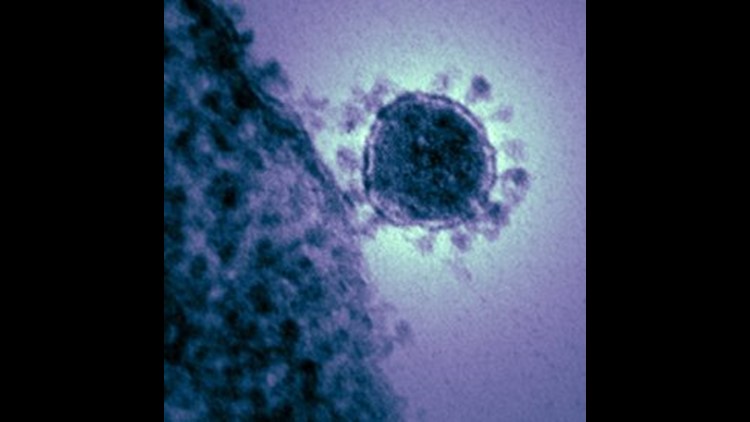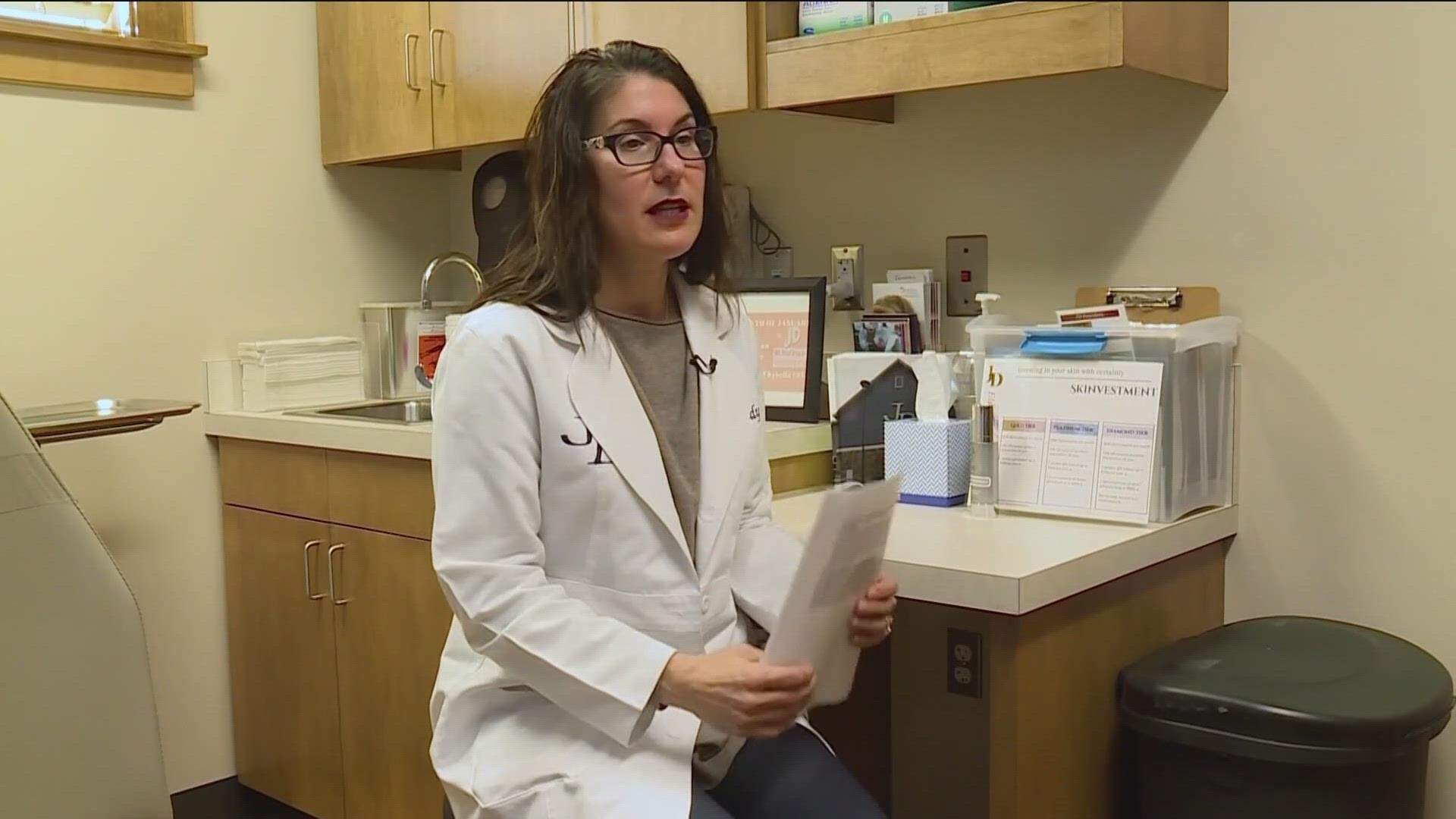(CNN) — For the past few months, near-daily reports of new cases and deaths from a new type of coronavirus called MERS raised fears that another pandemic, similar to SARS (severe acute respiratory syndrome), was looming.
That’s not the case, according to new research from France published Thursday in the British medical journal The Lancet.
A mathematical analysis of the known cases suggests that “MERS-CoV does not yet have pandemic potential,” even when looking at the worst-case scenario, according to researchers. They looked at the “reproduction value” or R-value, which is a calculation of the number of infections caused by one infected person.
If the R-value is bigger than 1, the number of infections will grow exponentially. For example, if 10 people have MERS and the R-value is two, then those 10 people would infect 20 people, and they would then infect 40 people etc., explains Chris Bauch, a professor of applied mathematics at the University of Waterloo in Ontario, Canada, and one of the authors of an editorial accompanying the research.
However, if the R-value is less than 1 – “if for each infected person, there is less than one more infected person on average, then that means the virus has to die out,” he explains.
So if you have 10 people initially infected and the R-value is .5, for example, then those 10 people would only infect five more people and they would only infect two to three people, who then would infect less than one person and the virus dies out.
According to this new study, looking at the current MERS strain – in the worst-case scenario – MERS only has an R-value of .69, less than one, meaning it hasn’t reached pandemic potential yet.
Reports of new cases of MERS have slowed a bit. It’s been more than a week since the World Health Organization reported the most recent new cases of MERS. Worldwide, there have been 77 laboratory-confirmed cases of MERS infections, including 42 deaths, according to the latest information from the WHO. Health officials “are testing loads of cases and not getting very many positives,” says WHO spokesman Gregory Hartl, another sign the virus isn’t spreading rapidly at the moment.
However, “we are not out of the woods yet,” says Bauch. “This virus could evolve.” Viruses are known to mutate, and when that happens, they can spread more easily.
Bauch adds that any kind of seasonal change like colder temperatures forcing people to spend more time indoors around other people – or the upcoming Hajj in October, where millions of Muslim pilgrims will travel to Mecca, Saudi Arabia, and then return home – could change these calculations.
The WHO expects to see more cases of human-to-human transmission during the Hajj and among travelers returning to their home countries, says Hartl.
There are also still other unknowns surrounding this virus. “We don’t know how it’s being spread,” says Capt. David Swerdlow of the U.S. Public Health Service, an infectious disease expert at the Centers for Disease Control and Prevention. He also says that “right now we may only be hearing about the most severe cases.”
What’s not known is how many other people may have been infected and show no signs of illness or only have mild disease and therefore don’t go to the doctor and get tested.
“The true infection rate will be really important to assess the real risk,” say Swerdlow, who heads the MERS response team in the CDC’s Emergency Operations Center.
MERS cases originated in Jordan, Qatar, Saudi Arabia and the United Arab Emirates. France, Germany, Tunisia and the United Kingdom have also reported confirmed cases of MERS, but all of these patients contracted the disease in Middle East before being diagnosed. Limited human-to-human transmission of the disease has also occurred in France, Italy, Tunisia and the UK.
Bottom line, says Bauch, “we need to keep updating the R-value.” The study authors conclude their analysis confirms the importance of enhanced surveillance of MERS-CoV infection and an active search for its animal host. Health officials say this is key to preventing a MERS pandemic.
™ & © 2013 Cable News Network, Inc., a Time Warner Company. All rights reserved.



